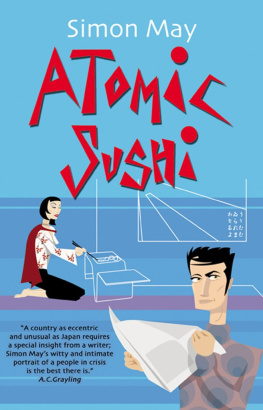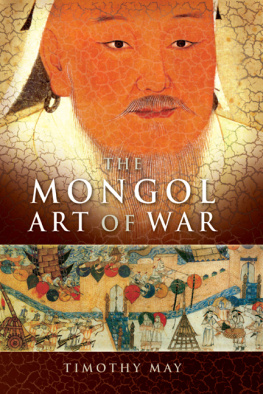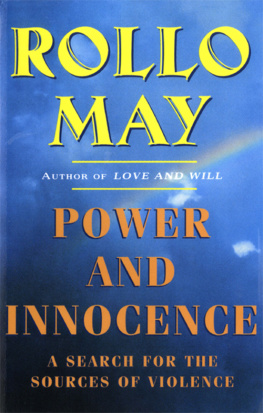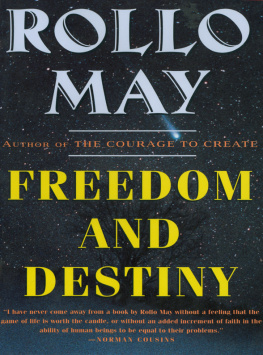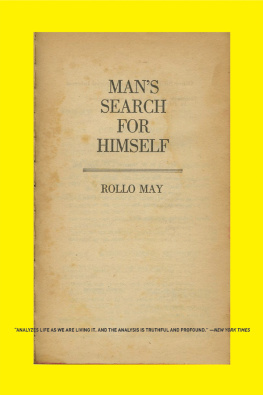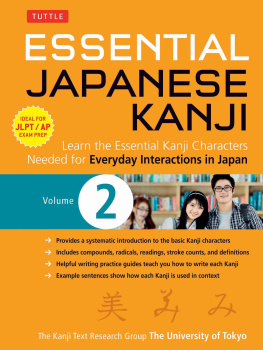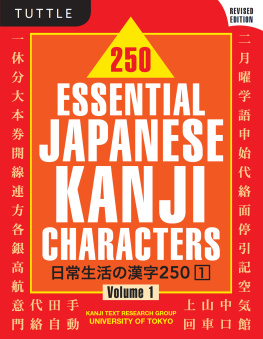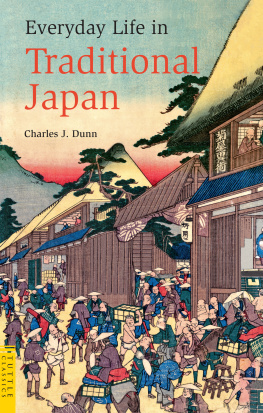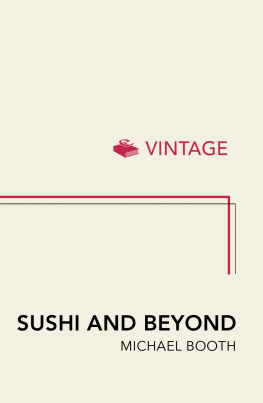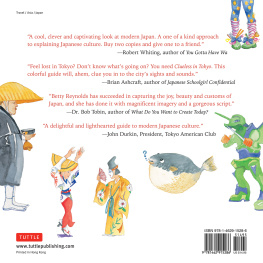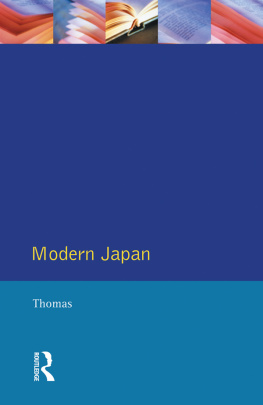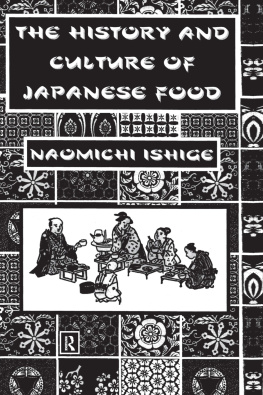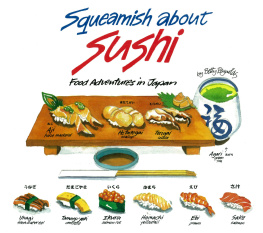

ALMA BOOKS LTD
London House
243253 Lower Mortlake Road
Richmond
Surrey TW9 2LL
United Kingdom
www.almabooks.com
Atomic Sushi first published in 2006 by Alma Books Limited
Copyright Simon May, 2006
Simon May asserts his moral right to be identified as the author of this work in accordance with the Copyright, Designs and Patents Act 1988
Extracts on p. 44 reprinted by kind permission of Random House Inc.
Extracts on pp. 58-59 reprinted by kind permission of The Daily Yomiuri
Extract on p. 46 reprinted by kind permission of the WTO
This is a work of fiction. Names, characters, places and incidents either are the product of the authors imagination or are used fictitiously, and any resemblance to actual persons, living or dead, business establishments, events or locales is entirely coincidental.
Printed in Jordan by the Jordan National Press
ISBN-13: 978-1-84688-002-5
ISBN-10: 1-84688-002-5
eISBN 978-1-84688-282-1
All rights reserved. No part of this publication may be reproduced, stored in or introduced into a retrieval system, or transmitted, in any form or by any means (electronic, mechanical, photocopying, recording or otherwise), without the prior written permission of the publisher.
This book is sold subject to the condition that it shall not be resold, lent, hired out or otherwise circulated without the express prior consent of the publisher.
A CKNOWLEDGEMENTS
I am greatly indebted to my many Japanese friends and professional colleagues who welcomed me to their country, to my brilliant editor Mike Stocks, from whom both the text and the author benefited immeasurably, to Alessandro Gallenzi and Elisabetta Minervini for championing this project with such imagination and verve, to Nicky Hoberman, and to Kimiko and Stephen Barber.

P REFACE
When I was unexpectedly invited to be a visiting professor of philosophy at Tokyo University, the training ground of Japans post-War ruling class and an institution seldom penetrated by foreigners, my first thought was: the sushi! a year of unlimited access to those glistening strips of the worlds freshest fish draped over beguilingly tepid, gently vinegary, sticky rice
The gastronomic glories on which I ended up spending around half of my generous professors salary were indeed mind-blowing. And so, it turned out, was the powerful quirkiness of ordinary things in Japan: lying, hygiene, leisure, friendship, toilets, love, commuting, education, marriage, death, memory and forgetting.
My record of everyday life in this maverick economic superpower consists of anecdotes (interspersed with some short reflections) of encounters and friendships with the most diverse people: students, sushi masters, international businessmen, lonely wives, feckless husbands, kimono weavers, hairdressers, healers, underworld figures, teachers, Zen priests and, inevitably, bureaucrats. All of them, in their different ways, express the whimsical as well as the sinister sides of this enigmatic nation, its great strengths as well as its dangerous weaknesses. And, through these individuals, Japan seems to teach some very personal lessons to the West: how to love, how to forget our hurts, how to accept fate with joy rather than resignation, how to die with dignity.
I decided early on to resist, as far as I could, Japans ethereal traditions the magical rock gardens, temple gongs, geishas and tea ceremonies which are so far from todays reality, and generally of more interest to Westerners than to Japanese. Instead, I wanted to explore my surprising insider access to the living culture of Japan, access that I owed to Tokyo University that nursery and bastion of the countrys nightmarishly closed elite system, which has allowed in only a handful of foreigners in the last hundred years. I was apparently the first British professor of philosophy since 1882.
Japan matters. Economically, it is the worlds number two power. Its population is 10% the size of Chinas, but its economy is nearly three times bigger. Its GDP is more than twice the size of Britains and 70% larger than Germanys. Politically, Japan is a pivotal, if discreet, player in Asia and the world. Militarily, it has quietly amassed a huge arsenal. If and when it manages to throw off its obsessive bureaucratization of almost every aspect of life, it will regain the supreme confidence that it used to possess that empowering, but also dangerous, confidence in its superiority over all other nations.
The Japanese are not inscrutable. The myth of their inscrutability might meet a need, of both Westerners and Japanese, to find Japan too unique, too weird, to be comprehensible. But it is entirely wrong, for the simple reason that Japanese behaviour is largely governed by social rules that are remarkably decipherable and predictable. If anything, it is the West that is inscrutable: nations are far more difficult to fathom when millions of individuals are making autonomous choices, swayed by their own particular impulses.
Atomic Sushi is, therefore, a series of snapshots, not only of one of the worlds most fascinating countries at a great moment of crisis and potential rebirth, but also of the challenge Japan presents to our self-understanding as Westerners. For, in many ways, travel is about learning how to return home afresh: about finding ones way back to oneself.
1
K AFKAS N IGHTMARE
The academic New Year started on 1st April, International Fools Day. One brilliant morning a few days later, the wind caressing and the sky a deep blue, I made my way to Tokyo Universitys Department of Philosophy as a new visiting professor. I found myself fondly, and perhaps a little vainly, imagining the rousing welcome I might be extended by my future colleagues and students, but what I actually encountered was more like a crash course in the nightmarish excesses of Japanese bureaucracy that noose around the neck of the nation which the Japanese not only tolerate, but even seem to crave. For before I could be allowed to do anything so incidental to a professors life as exchange ideas with colleagues and teach students and worry about the curriculum, it was my inviolable obligation to become a real person in the Japanese sense by compressing my life onto a bureaucrats hard disk, gaining my virtual reality.
The administrators began by demanding that I sign a declaration promising to be a loyal and honourable servant of the Japanese State. Submitting to this demand immediately unleashed a torrent of further requests. Among other things, I needed health tests to certify that my body fluids were unobjectionable and my body solids in good order, a declaration from my landlady about my accommodation costs, a certificate proving that I had attended primary school, a document registering me as an alien, and a diagram to illustrate the exact route I intended to take when travelling from home to university, and then from university to home again.
I hastened to provide the last of these on the spot, in the naive hope of stemming the bureaucratic onslaught with a relentless display of loyal goodwill. Like most appeasement strategies, it was doomed to fail. Three officials bent over me, intently scrutinizing my efforts to produce the vital diagram. After a moment or two they started to confer.The tone was disapproving. Politely, but strictly, I was told that although the drawing of a single arrow was an appropriate method of depicting my train journey into central Tokyo, it certainly wouldnt suffice when it came to representing the walk from my house to the station; indeed, for such a purpose it became clear that a single arrow was not only inappropriate, but derisory. That part of the route would need to be more accurately drawn, and to scale, so that the exact spatial relations of the streets would be clear. I was advised to ask my landlady to provide this map, since a foreigner who had made the journey only once would be unable to achieve the necessary precision.
Next page
